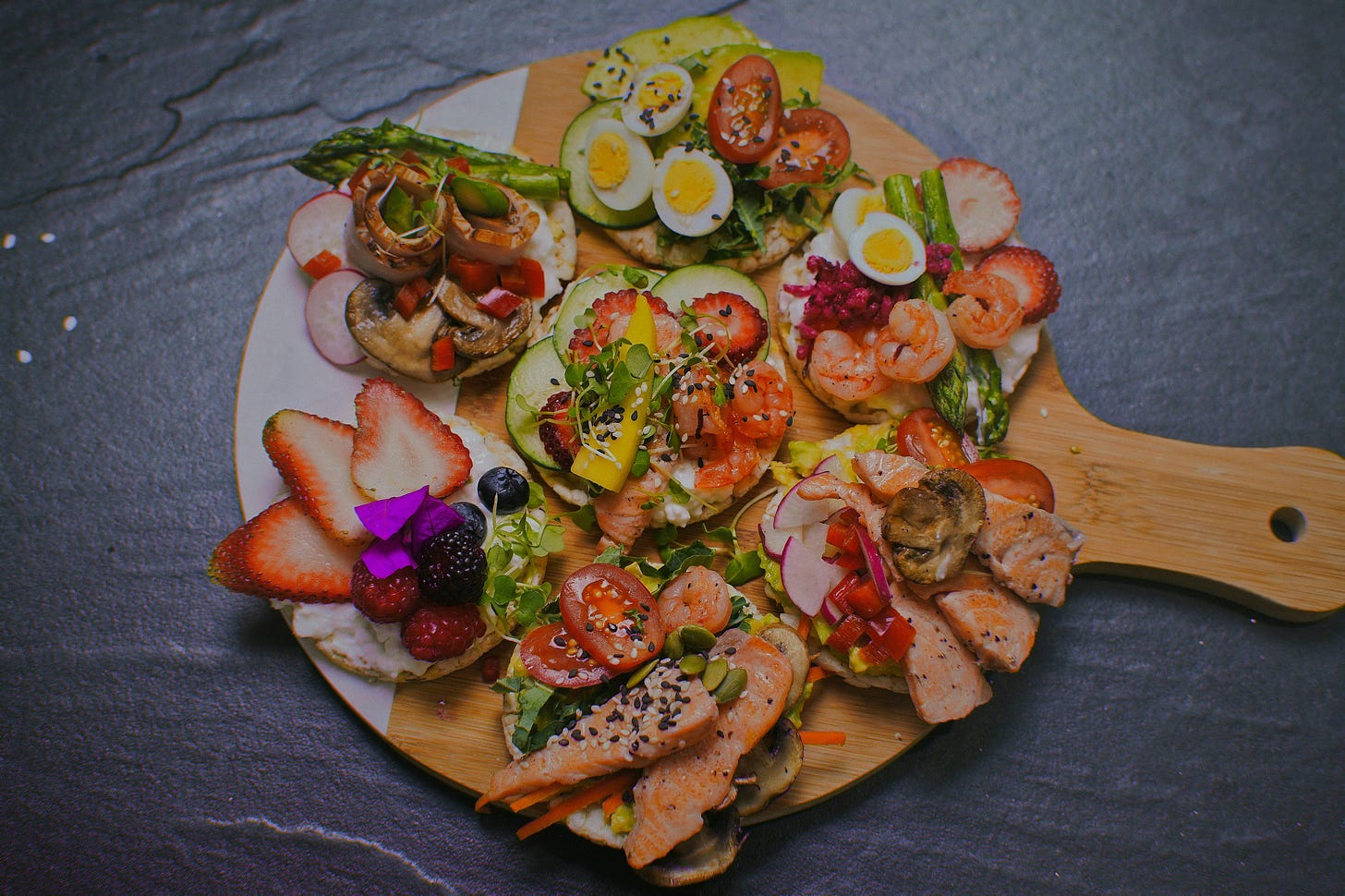The Gut Microbiome: Our Hidden Health Superpower
Why your microbiome might be the real MVP of aging well.
When I trained for my first triathlon, I obsessed over my macros - carbs, proteins, fats - and I meticulously tracked training, sleep and recovery. But what I didn’t know at the time was that perhaps the most influential player in my performance and more importantly my broader health was invisible to the naked eye: my gut microbiome.
What is the gut microbiome?
Think of your gut as a bustling metropolis, home to over 100 trillion microbes - bacteria, fungi and viruses, most of which live in harmony with us. This collection of microorganisms, primarily residing in our colon, plays a crucial role in:
Digesting food we can’t break down on our own
Regulating the immune system
Synthesizing essential vitamins (like B and K)
Even producing neurotransmitters like serotonin, the feel-good chemical
And here’s the kicker: we’re learning that the gut microbiome influences everything from obesity to mental health, athletic recovery to aging.
Why it matters for longevity
A 2021 study in Nature Metabolism found that older adults with more diverse gut microbiomes not only lived longer but were also healthier, as identified as being less frail, more active and with lower markers of inflammation.
One theory? A diverse microbiome creates a more resilient internal ecosystem, better equipped to metabolize nutrients, fight pathogens and reduce chronic inflammation, a key driver of aging and disease.
As someone who's always been focused on optimizing performance in my personal and professional life and achieving my best health, this discovery was a lightbulb moment. The idea that the bacteria inside me could influence how well I age? Wild. And incredibly empowering.
A few gut-health game-changers
So what shapes our microbiome?
1. Diet is king
Fiber is the gold standard here. Prebiotic-rich foods like garlic, onions, leeks and bananas help feed beneficial bacteria. Fermented foods (think yogurt, kefir, kimchi, sauerkraut) introduce probiotics that diversify our gut flora.
2. Diversity matters
The more diverse your diet, the more diverse your microbiome. This isn't just about hitting fiber targets; it's about variety. Studies show that people who eat 30+ different plant foods a week have significantly more diverse microbiomes than those who eat fewer than 10.
3. Stress, sleep, and movement
It’s not just about what you eat. Chronic stress, poor sleep and sedentary lifestyles can all negatively shift your gut bacteria. Meditation, quality sleep and regular movement (even walking) help restore balance.
4. Beware of unnecessary antibiotics
While lifesaving when needed, antibiotics can wipe out good bacteria too. Always use them judiciously and consider post-antibiotic gut support with prebiotics and probiotics.
Where the science is headed
We’re just scratching the surface. Researchers are now exploring:
Personalized nutrition plans based on microbiome profiles
Fecal microbiota transplants (yes, really!) for conditions like C. diff and even depression
Microbiome-based biomarkers to predict disease risk and longevity potential
Companies like Viome, Genova Diagnostics and Tiny Health are diving deep into this space and the future looks promising.
Final Thought: Small Lever, Big Changes
For me, discovering the power of the gut microbiome felt like unlocking a hidden control panel for my health. And with the help of my Parsley Health doctor and health coaches, I’ve recently altered my approach to food and supplementation and I’m already experiencing the early benefits.
Small changes yield powerful results.
I’ve learned that it’s not just about what I do, it’s also about who’s living inside me.
If we want to live longer and better, this microscopic metropolis deserves a lot more of our attention.
Yours in good health,
Ryan




